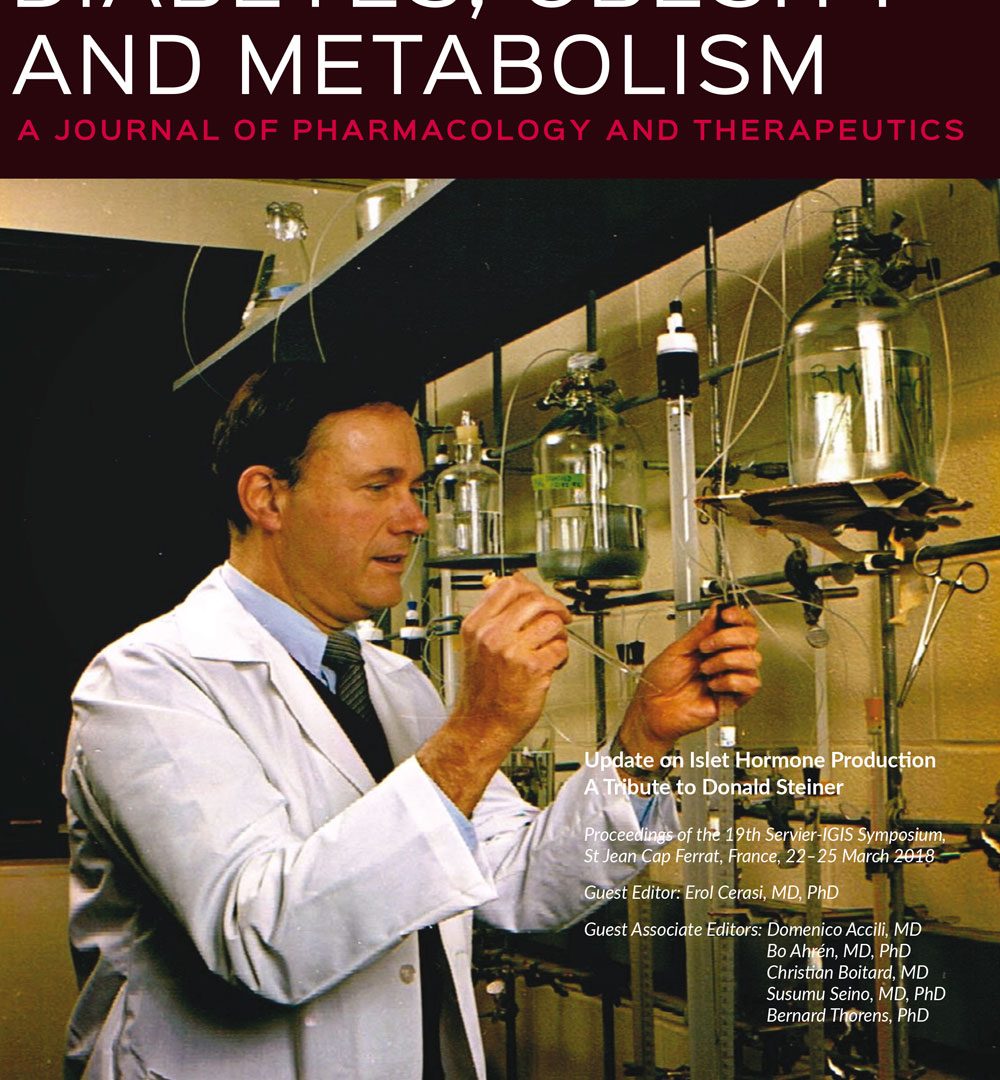Role of ghrelin in pancreatic development and function.
Diabetes Obes Metab. 2018 Sep;20 Suppl 2:3-10. doi: 10.1111/dom.13385.
Napolitano T1,2, Silvano S1,2, Vieira A1,2, Balaji S1,2, Garrido-Utrilla A1,2, Friano ME1,2, Atlija J1,2, Collombat P1,2.
Author information
1. Inserm, CNRS, iBV, University of Nice Sophia Antipolis, Nice, France.
2. iBV, Institut de Biologie Valrose, Centre de Biochimie, University of Nice Sophia Antipolis, Nice Cedex 2, France.
Abstract
Ghrelin is a gastric peptide with anabolic functions. It acutely stimulates growth hormone (GH) secretion from the anterior pituitary glands and modulates hypothalamic circuits that control food intake and energy expenditure. Besides its central activity, ghrelin is also involved in the regulation of pancreatic development and physiology. Particularly, several studies highlighted the ability of ghrelin to sustain β-cell viability and proliferation. Furthermore, ghrelin seems to exert inhibitory effects on pancreatic acinar and endocrine secretory functions. Due to its pleiotropic activity on energy metabolism, ghrelin has become a topic of great interest for experimental research focused on type II diabetes and obesity. The aim of this review is to illustrate the complex and not fully understood interplay between ghrelin, pancreas and glucose homeostasis.
PMID: 30230184
DOI: 10.1111/dom.13385

